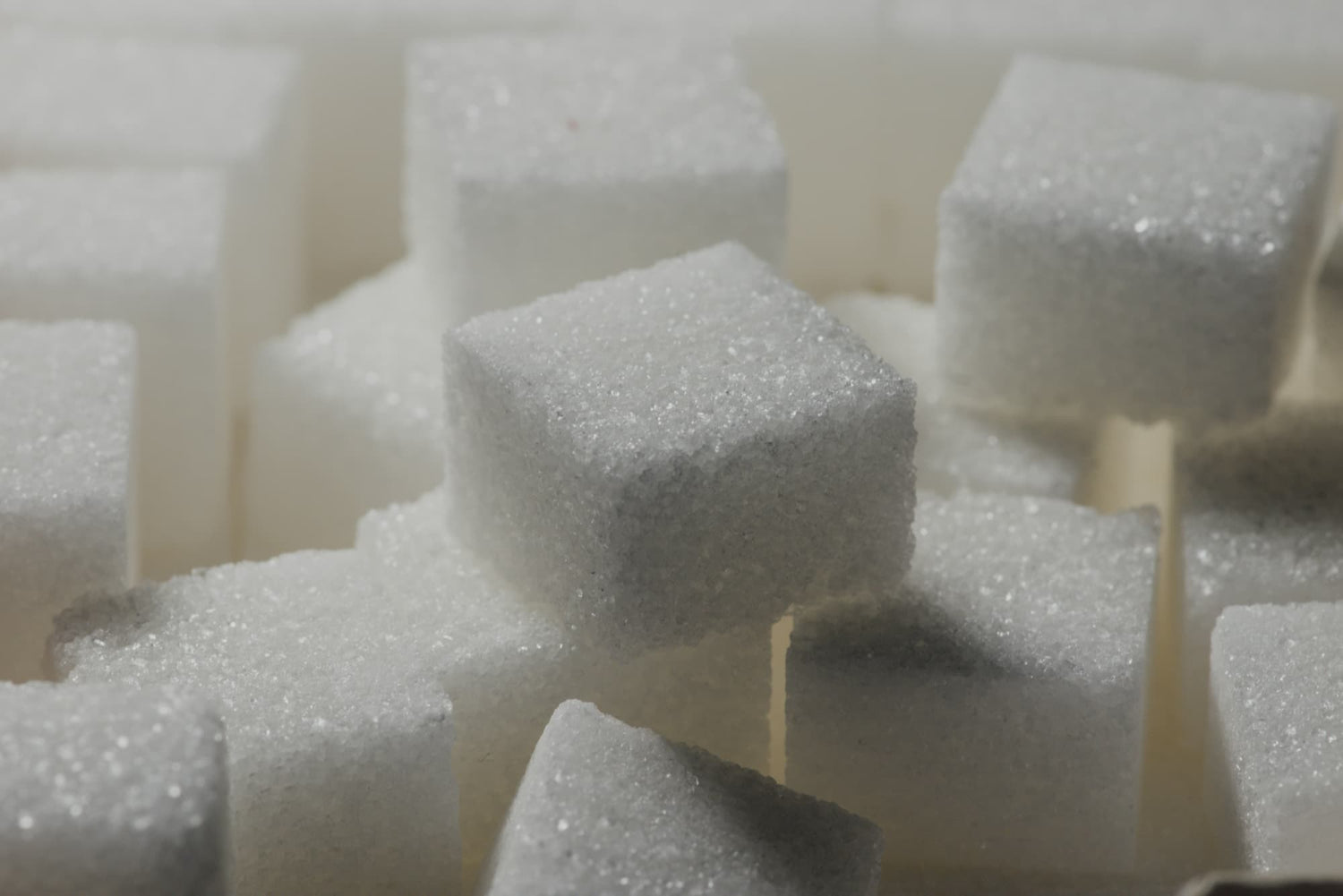Observed annually on 14th November, World Diabetes Day is the world’s largest diabetes awareness campaign that aims to prevent and inform. This article further explores what diabetes is and the role that hydration plays when managing it.
What is diabetes? A simple explanation
Diabetes is a chronic disease characterized by a disturbance in the regulation of glycaemia (blood sugar levels). Imagine that your body is a car, and that glucose (sugar) is the fuel that keeps it running. To get this fuel into your cells, you need a special key: insulin. This hormone, produced by the pancreas, acts like a doorkeeper, opening the cell door to let glucose in.
But what happens if you have diabetes?
Type 1 Diabetes: the key has disappeared
With type 1 diabetes, the immune system attacks the cells in the pancreas that produce insulin. The result? There isn’t a key to open the door. Glucose gets stuck in the bloodstream, raising blood sugar levels (hyperglycaemia). Individuals with type 1 diabetes have to inject insulin to compensate.
Type 2 Diabetes: the lock is rusty
With type 2 diabetes, the key is always there, but the lock (the cells) has become difficult to open. The cells don’t respond well to insulin, and sometimes the pancreas doesn’t make enough.
Symptoms: the dashboard lights up
Your car is giving you warning signals: excessive thirst, the need to go to the toilet often, unusual tiredness. These are symptoms that tell you something is wrong with your blood sugar levels. If you notice them, it’s time to see a doctor!
Complications: parts that wear out
If your blood sugar levels stay high for too long, it can wear out some important ‘parts’ of your body:
- The engine (heart) may have problems.
- The headlights (eyes) may gradually go out.
- The filter (kidneys) may become blocked.
- The electrical circuits (nerves) can be damaged.
Hydration: a precious ally in managing diabetes
Hydration plays a crucial role in regulating blood sugar levels, particularly for people with diabetes. Several studies show that hydration:
- Reduces insulin resistance, allowing cells to use glucose more efficiently.
- Helps the kidneys to eliminate excess sugar in the urine, helping to lower blood sugar levels.
- Reduces the production of vasopressin, a hormone that stimulates the liver to produce sugar when dehydrated.
A person consuming more than 33.8 fl oz of water a day has a 28% lower risk of developing hyperglycaemia, compared with consumption of less than 16.9 fl oz.
Hydration is much more than a simple daily gesture: it’s an essential pillar in helping people with diabetes to better manage their blood sugar levels. Drinking enough water helps the body to eliminate excess glucose, reduce insulin resistance and limit dangerous fluctuations in blood sugar levels. However, it’s important to remember that hydration, while essential, is not a substitute for medical treatment. It must be part of an overall approach that includes a balanced diet, exercise and regular, appropriate medical monitoring.
Sources:
Thornton, S. N., & Hubbard, R. W. (2009). Cell volume and hydration play roles in regulating glucose metabolism. Journal of Applied Physiology, 107(3), 787-792.
Mastrogiannis, D., & Garber, A. J. (2015). The renal response to hydration in diabetes and its metabolic implications. Diabetes Care, 38(6), 1120-1125.
Roussel, R., & Bouby, N. (2011). Arginine vasopressin: an endocrine link between hydration and glycemic control. Diabetes & Metabolism, 37(4), 292-297.
Stookey, J. D., Constant, F., & Gardner, C. D. (2006). Reevaluating the association between water and chronic disease: How water intake influences the risk of hyperglycemia. American Journal of Clinical Nutrition, 84(4), 1024-1032.




















